Hair fall is a common concern for people everywhere, driven by various factors like genetics, stress, hormonal imbalances, and lifestyle. It's normal to lose 50 to 100 hairs each day, and this often goes unnoticed. However, when hair loss becomes more significant, it could signal an underlying health issue. Conditions like alopecia areata, nutrient deficiencies, or medication side effects can contribute to hair loss. Here are some health problems that may cause hair fall:
Factors contributing to hair loss:
-
Genetics
Aging-related genetic disorders are one of the most prevalent causes of hair loss. -
Hormonal changes
Hormonal shifts during pregnancy, childbirth, or menopause can result in hair shedding. -
Medication
Drugs such as chemotherapy agents, beta-blockers, anticonvulsants, antidepressants, and birth control pills can cause hair loss. -
Nutrient deficiencies
Lack of nutrients like riboflavin, biotin, folate, and vitamin B12 is associated with hair thinning. Women often experience hair loss due to iron deficiency. -
Stress
Experiencing major life stressors such as surgery or loss of a loved one may trigger hair loss. -
Hairstyles and treatments
Tight hairstyles, like braids and ponytails, or harsh hair treatments like bleaching and perms can damage the hair. -
Other health conditions
Thyroid issues, fungal infections on the scalp, and tumors of the ovarian or adrenal glands can also result in hair loss.
Here are six global remedies inspired by traditional practices:
1. Scalp Massages with Oil Therapy
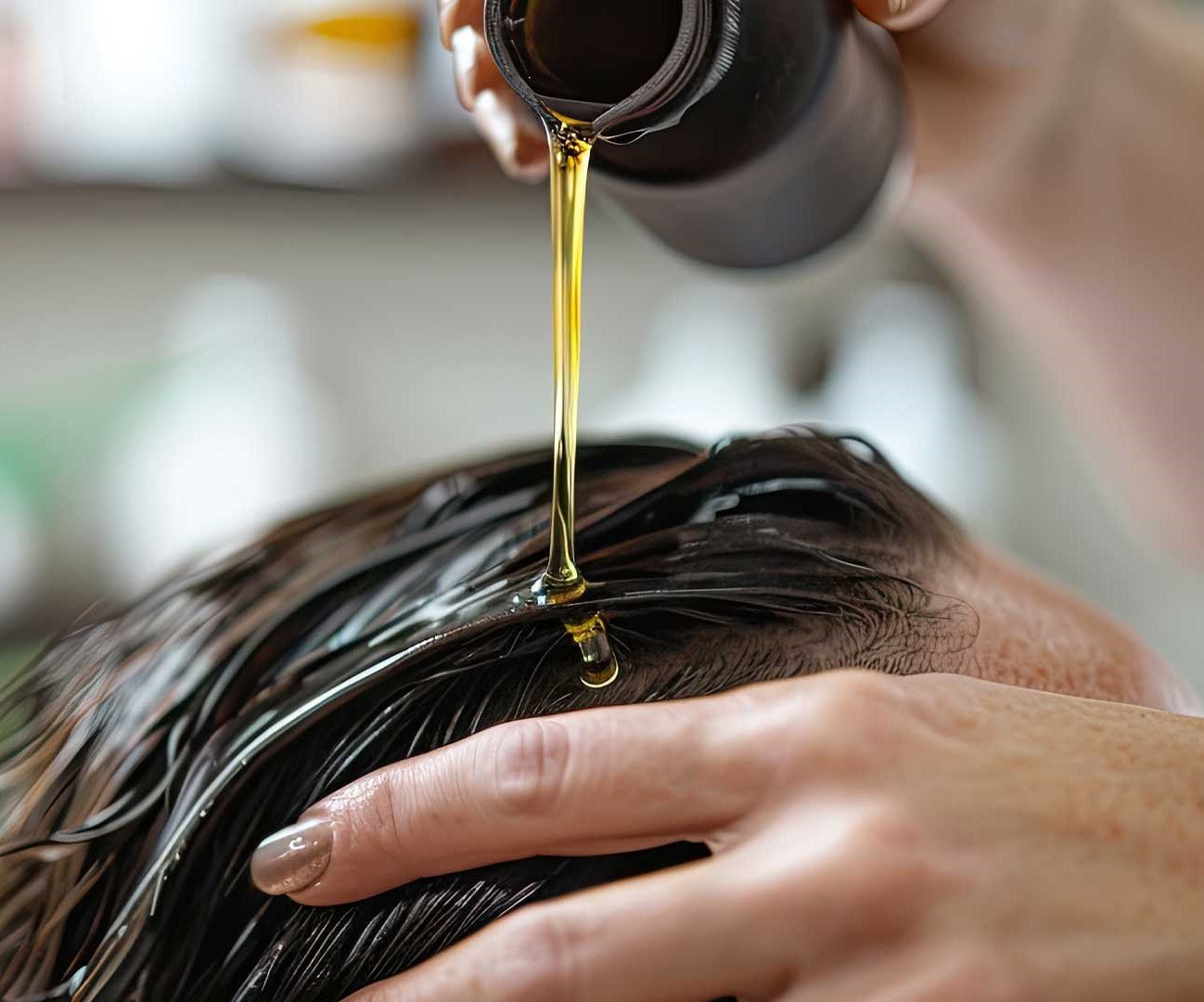
In India, oiling the scalp has been a go-to remedy for nurturing hair from the outside. Coconut, amla, or castor oil, when massaged into the scalp regularly, helps improve blood flow to the hair follicles, providing nourishment and fortifying the roots.
2. Fermented Rice Water
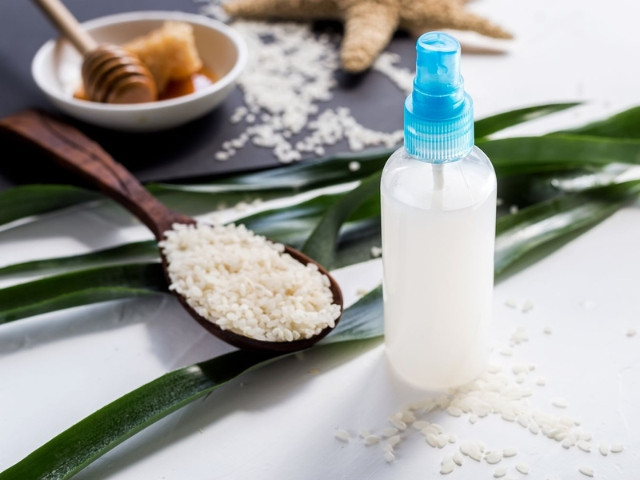
Originating from the Guangxi province of China, the fermented rice water rinse is popular, especially in Huangluo village, known for its long-haired women. Dr. Upasana Arora, MD at Yashoda Super Speciality Hospital, Kaushambi, shares, “Rich in amino acids, vitamins, and minerals, fermented rice water helps repair damaged hair, boosts elasticity, and reduces breakage.”
3. Argan Oil Treatment

Argan oil, derived from the argan tree native to Morocco, is considered a vital ingredient for hair care. Moroccan women have long believed in its powers. Packed with antioxidants and fatty acids, argan oil deeply hydrates the scalp, alleviating dryness that may contribute to hair fall.
4. Herbal Rinses
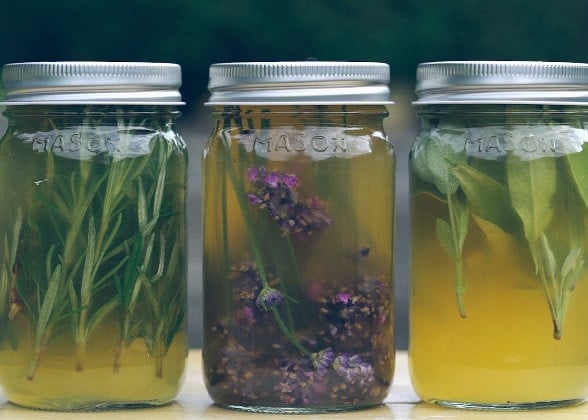
Herbal hair rinses and other hair care products have their roots in the Indian subcontinent's Indus Valley. Indian gooseberry, soapberries, and other herbs and extracts were used to make one of the first known shampoos. Herbs can be steeped in boiling water, strained, and then poured over hair after shampooing to create herbal hair rinses at home. Traditional Chinese medicine also recommends herbs like ginseng and He Shou Wu to promote hair growth and minimize hair loss.
5. Mediterranean Diet
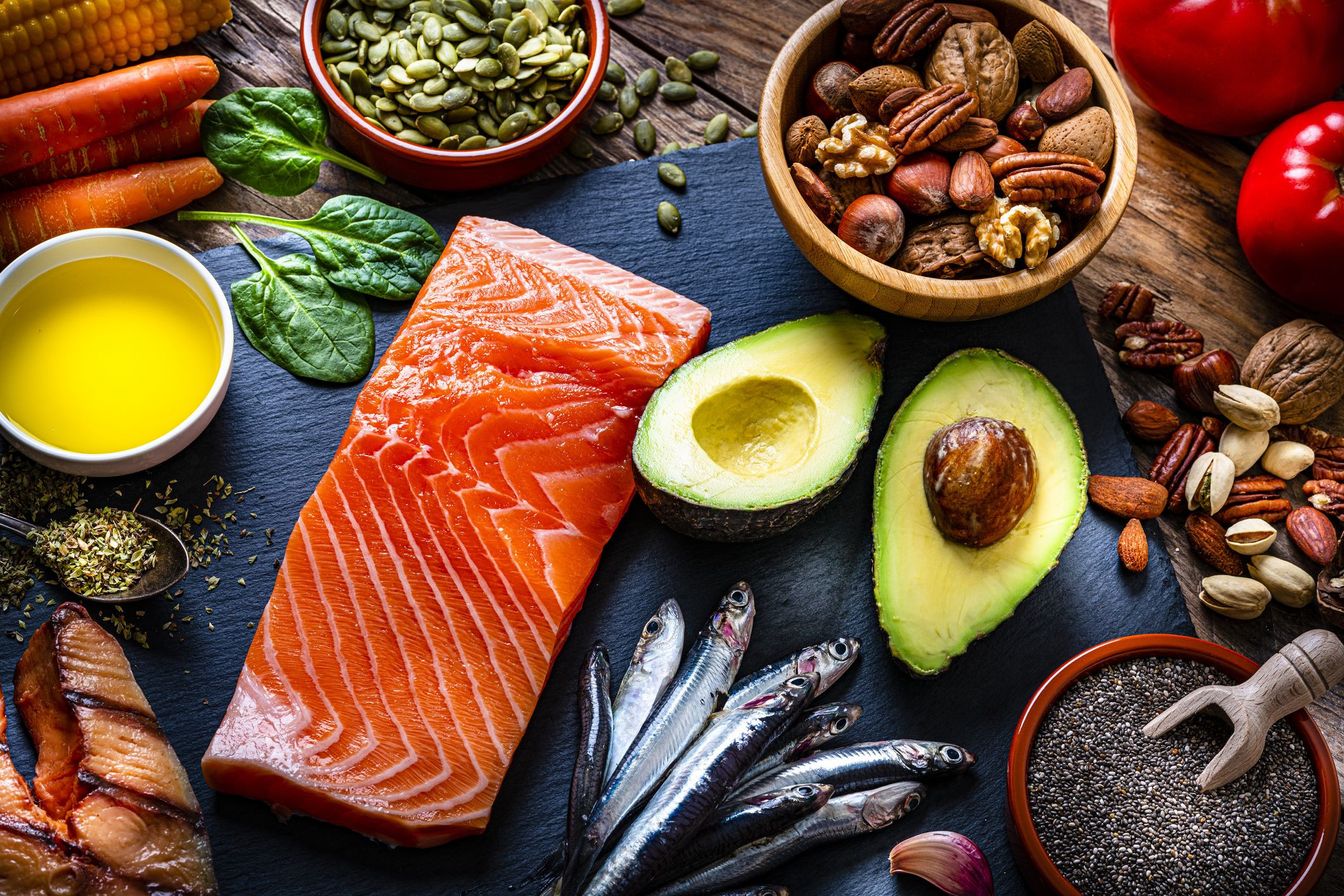
The Mediterranean diet, originating from countries bordering the Mediterranean Sea, especially Greece and Southern Italy, is rich in omega-3 fatty acids, antioxidants, and vitamins. It includes foods like olive oil, nuts, and leafy greens, which are believed to support healthy hair growth.
6. Aloe Vera Applications
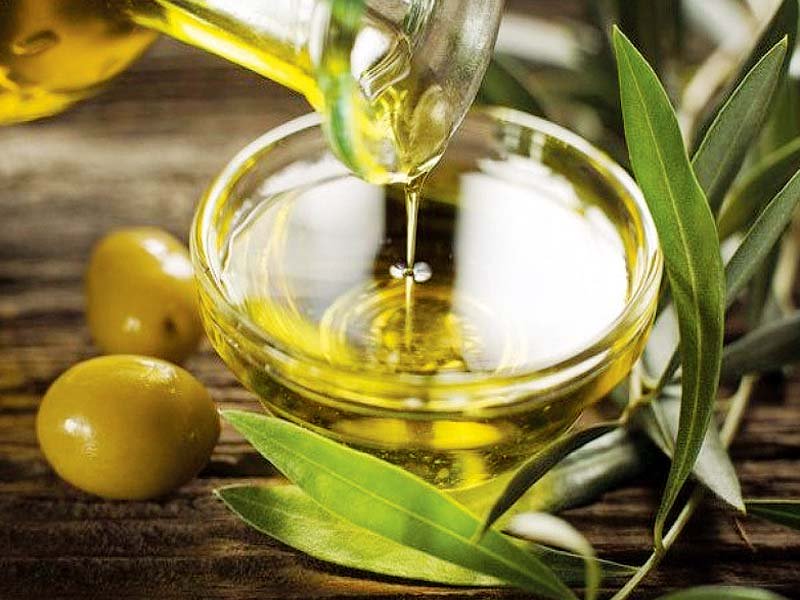
Right combination of ingredients like olive oil and aloe vera secreats are key to any haircare regime. PHOTO: FILE
Native to Madagascar, Africa, and the Arabian Peninsula, aloe vera is celebrated for its soothing and hydrating properties. Aloe vera is used to repair scalp health, prevent thinning hair, and promote overall hair vitality.


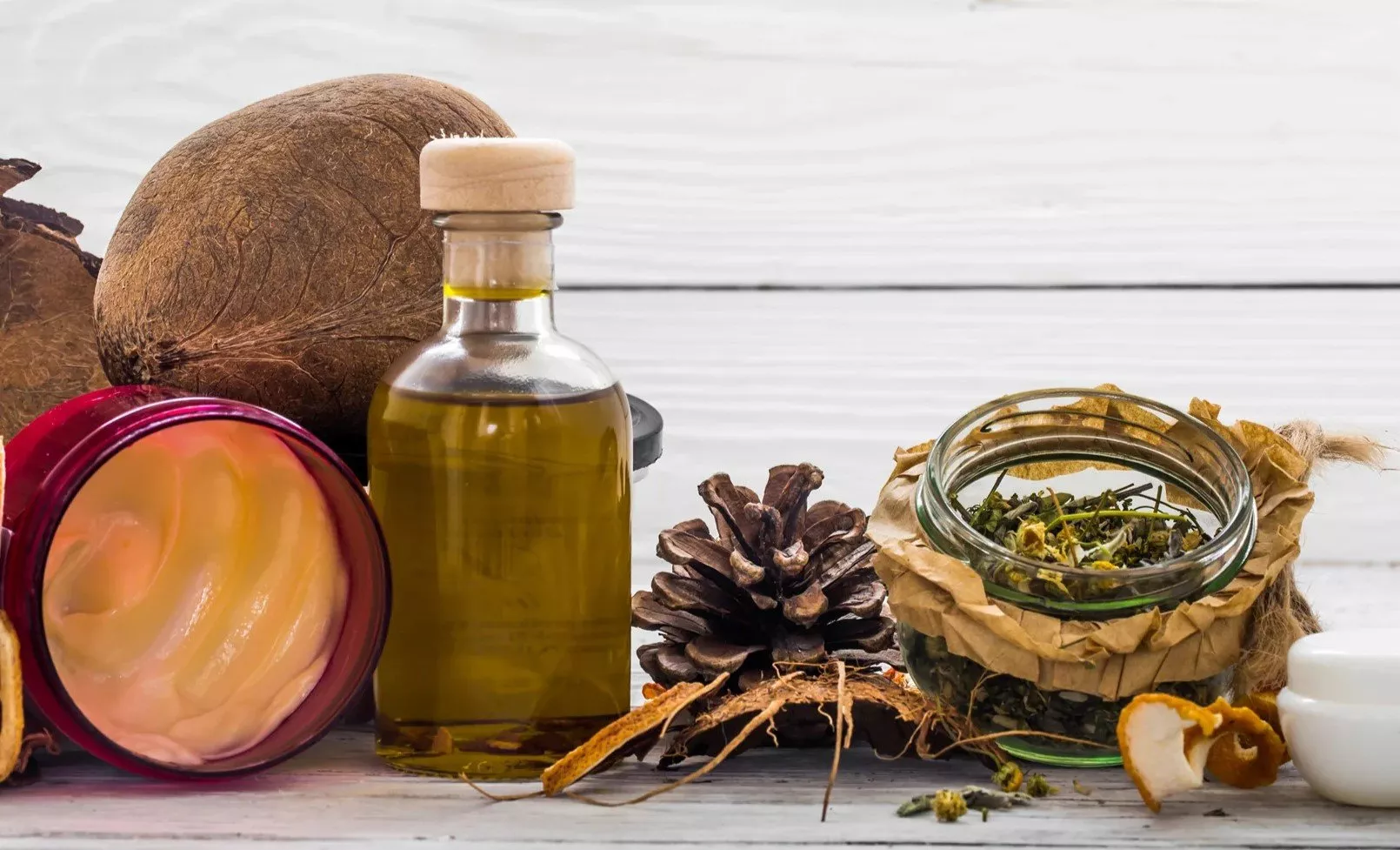






COMMENTS
Comments are moderated and generally will be posted if they are on-topic and not abusive.
For more information, please see our Comments FAQ